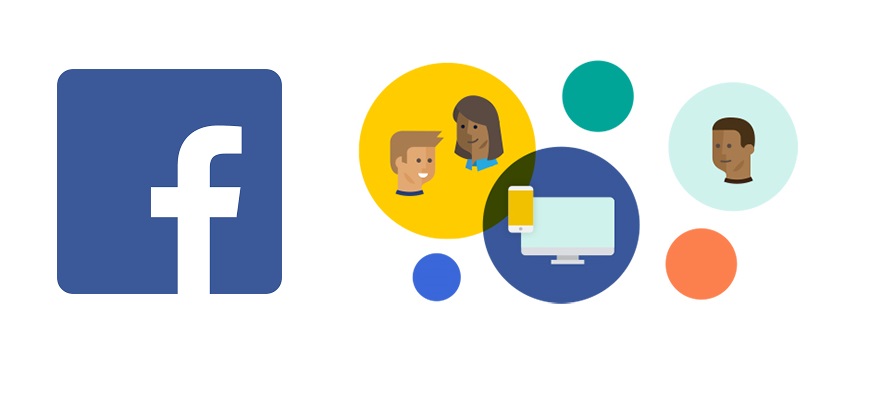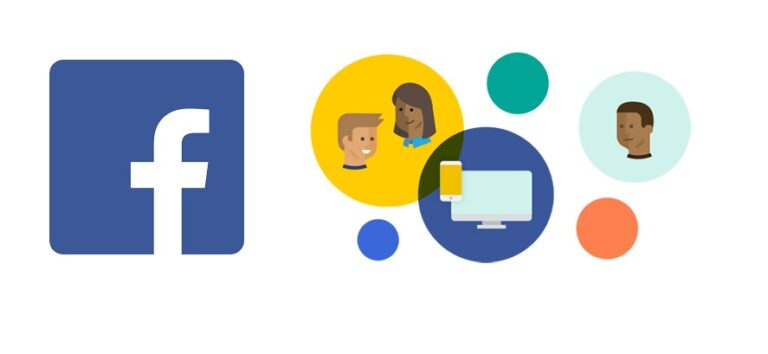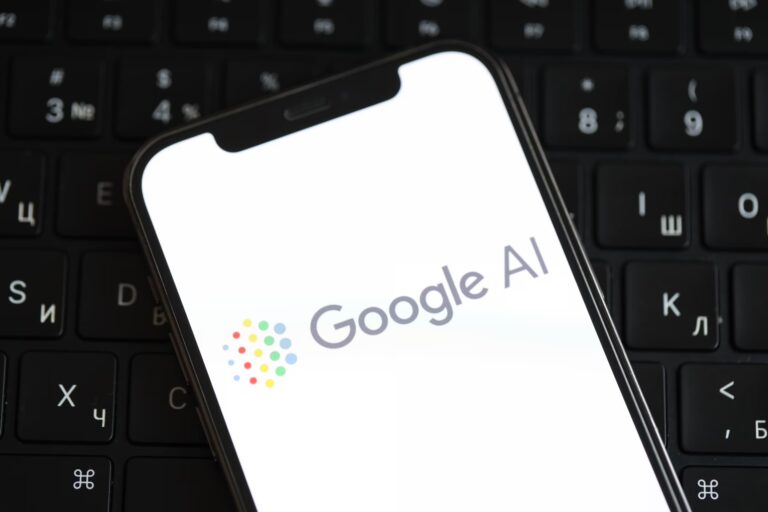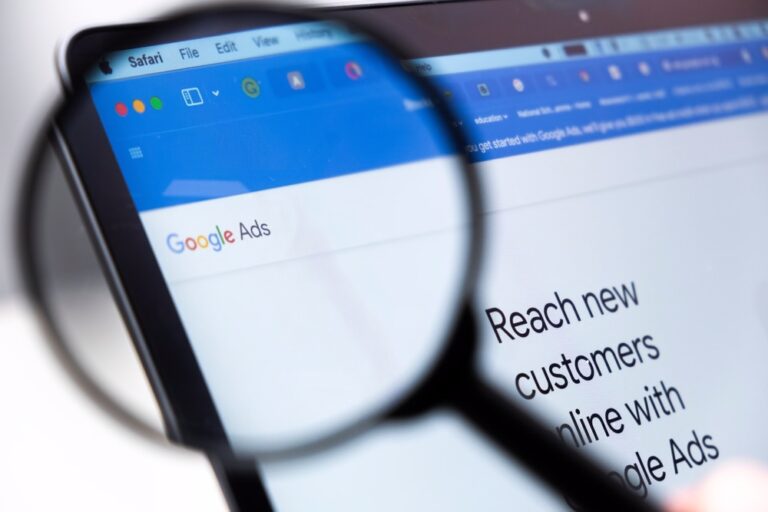Facebook pixels will now be able to pass on the click data of a page, as well as metadata, back to Facebook.
Facebook is improving ad delivery and reporting via new upgrades to the Facebook pixel, which can now provide additional event data, including button clicks and other related page metadata.
What is the Facebook pixel?
The Facebook pixel helps businesses track conversions, optimise ad spend budgets, and retarget users in order to get the best results.

What’s the upgrade about?
The new upgrade to the Facebook pixel now allows businesses to capture and track information, including actions, page structure and data.
The Facebook pixel will start sending additional contextual information from your website in order to best understand and categorise actions people take on your website, to optimise ads for delivery and conversion.
This is big news for a few reasons. But for marketers, it means that it can track actions based on how a user interacted with the site.
This includes data such as users clicking “add to cart”, “purchase” or “click to call”.
This means advertisers can obtain more data on the site without needing to use custom events.
The metadata now includes Opengraph and Schema.org data that is included on the page itself. Facebook can use this information from your page’s structure in order to understand context with the actions that people take.
Extra details on tracking actions, in Facebook’s own words:
“Track actions such as registering, purchasing items, and so on. These actions can be used to retarget audiences, find new customers, track conversions coming from your Facebook ads, and ultimately allow Facebook to automatically optimize your ads to result in more of these actions. We recommend adding the pixel to your site for the following use cases:
“Track and Optimize Conversions – Enable Facebook to both report back on the number of actions Facebook ads drive as well as allow Facebook to learn which people that see your ads are more likely to result in doing a certain action on your site, such as a purchase, and optimize the delivery of ads to result in more of these actions.
“Website Custom Audiences – Record page visits and actions from all visitors on your site, not just visitors that click on Facebook ads. Use this data to create Website Custom Audiences for retargeting with your Facebook Ads.”
In the past, you needed two separate pixels in order to target Custom Audiences, track conversions and optimise for conversions, but now the pixel combines these functions into a single pixel that can be used across your website. You can then use standard events or custom conversions in order to define actions which matter to you.
Facebook has confirmed that pixels created prior to April 20th will gain the new functionalities on May 20th. Any new pixels will be active with new upgrades now.












